Schizophrenia is a serious mental illness that changes how a person thinks, feels, and acts. It is often misunderstood and hard to explain. This condition can be tough not just for the person who has it, but also for their family and friends.
This guide breaks down the Schizophrenia Symptoms, making them easier to understand. If you or someone you know has these signs, it’s important to get help from a doctor or someone you trust.
What Is Schizophrenia?
Schizophrenia is a chronic mental health disorder that impacts how a person perceives reality. It often starts in late adolescence or early adulthood and requires long-term treatment.
While it’s not as common as other mental illnesses, it can be very disabling if left untreated.
Why Early Recognition Matters
The earlier schizophrenia is recognized, the better the outcome. Many people live full, productive lives with proper treatment. Early intervention can:
- Improve long-term outcomes
- Prevent the condition from worsening
- Help individuals maintain social and professional relationships

Core Types of Schizophrenia Symptoms
Schizophrenia symptoms typically fall into three main categories:
1. Positive Symptoms
Positive Schizophrenia Symptoms are extra behaviors that healthy people don’t have. One common symptom is hallucinations, like hearing voices that others can’t hear. Some people also see things that aren’t really there, or sometimes feel or smell things that others don’t notice.
Another important symptom is delusions. These are strong false beliefs that a person keeps even when there is proof they are wrong. For example, a person might think others want to hurt them, believe they have special powers, or think they are a god. People with schizophrenia may also find it hard to talk clearly because they jump from one idea to another. This can make it hard to understand what they say.
Finally, some people may act strangely around others, repeat the same movements, or stay very still and not respond for a long time. These symptoms can significantly impact a person’s daily life and relationships.
2. Negative Symptoms
Negative schizophrenia symptoms mean losing skills or feelings that most people have. For example, flat affect means showing very little emotion in the face or voice. Avolition means feeling no motivation, which makes it hard to do daily tasks like cooking or cleaning.
Anhedonia means not feeling happy or enjoying things that used to be fun. People might also stop spending time with friends and family, which can make them feel lonely.
Also, people may stop taking care of themselves, like not washing, dressing well, or doing daily chores. These symptoms can greatly affect a person’s quality of life and make it hard to function normally.
3. Cognitive Symptoms
Cognitive schizophrenia symptoms affect thinking, understanding, and memory. One common problem is poor executive function. This means it’s hard to make decisions or understand difficult information. People may also forget instructions or tasks soon after hearing them.
Many people also have trouble paying attention and focusing on tasks. These problems may be hard to notice, but they can make daily life hard, like doing work, school, or everyday tasks.
Early Warning Signs of Schizophrenia
Schizophrenia usually doesn’t appear suddenly. Instead, it often starts with small, gradual changes that can be easy to miss. Early signs are not being with friends or family, doing bad at school or work, feeling sad, and having trouble sleeping or paying attention. People might also believe strange things or lose motivation.
These early signs are very important to watch for in teens and young adults. If you see these changes, it’s a good idea to talk to a mental health expert. Getting help early can really help.
Schizophrenia in Different Age Groups
In Teenagers
- Symptoms often overlap with typical adolescent behavior, making them hard to spot
- May appear as moodiness, poor grades, or social withdrawal
In Adults
- Symptoms are usually more noticeable
- Adult onset often leads to disruption in employment, relationships, and independent living
How Is Schizophrenia Diagnosed?
Schizophrenia cannot be diagnosed with a single test. Instead, doctors rely on a combination of methods to make an accurate diagnosis. This usually means talking with the person, checking their health history and symptoms, and watching how they act over time.
It’s important to make sure the symptoms aren’t caused by other illnesses or mental health problems. To be diagnosed with Schizophrenia Symptoms, it’s usually must last for six months or more.

What Causes Schizophrenia?
There’s no one cause, but several factors increase the risk:
1. Genetics
Genes play an important part in schizophrenia, but they are not the only reason. If someone in your family has schizophrenia, you have a higher chance of getting it too. For example, if a parent, brother, sister, or twin has it, your risk is higher than someone with no family history.
However, genetics alone don’t cause schizophrenia. Many people who have a genetic link to the condition never develop it, and some people with no family history do. This suggests that other factors—like environment, stress, or brain chemistry—also contribute. Scientists think schizophrenia happens because of a mix of genes and life experiences.
2. Brain Chemistry
Brain chemistry plays a major role in Schizophrenia Symptoms. Scientists believe that an imbalance in certain brain chemicals, especially dopamine and glutamate, may be a key part of the disorder. These chemicals, called neurotransmitters, help brain cells communicate with each other. When they are not working properly, it can affect how a person thinks, feels, and behaves.
In people with schizophrenia, dopamine levels may be too high or too active in certain areas of the brain. This can lead to symptoms like hallucinations and delusions. Glutamate is a brain chemical that helps with memory and learning. When it’s not balanced, it may cause some thinking problems in schizophrenia.
Some people with schizophrenia have differences in their brain size or how their brain works. These changes might be related to brain chemicals, but scientists are still learning more about it.
3. Brain Structure
People with schizophrenia often have brains that look a little different from others. These changes aren’t the same in everyone, but they are common enough to suggest a strong link.
Some people with Schizophrenia Symptoms have bigger empty spaces in their brains called ventricles. This could mean that certain parts of the brain have lost volume or are not developing normally. Some people with schizophrenia may have a thinner outer part of the brain that helps with thinking. They might also have smaller parts of the brain that help with memory and feelings.
These brain changes can make thinking and feelings harder to handle. This can cause confusion and mixed-up thoughts in schizophrenia. Some people have these brain changes but don’t have schizophrenia. And some people with Schizophrenia Symptoms don’t have these brain changes.
4. Environment
The environment you grow up in and live in can also play a big role in the development of schizophrenia. Genes and brain chemicals matter, but things around us can also cause schizophrenia, especially for people who are already at risk.
Some things in the environment can increase the risk of schizophrenia. This can happen if a baby gets sick, doesn’t get enough food before birth, has trouble during birth, or faces hard times later in life. For example, if a baby catches an infection in the womb or doesn’t get enough oxygen at birth, it might raise the chance of having schizophrenia later.
If someone grows up with a lot of stress, bad treatment, or uses drugs like cannabis when young, it can make schizophrenia more likely. These things don’t cause it alone, but they can start it if a person already has a risk.
The environment doesn’t directly cause schizophrenia, but it can affect if and how the illness shows up. Knowing these things helps doctors find better ways to prevent and treat it.
Living with Schizophrenia Symptoms
Managing schizophrenia involves a mix of treatments and lifestyle changes.
Treatments include:
- Medication (antipsychotics)
- Therapy (CBT, supportive counseling)
- Social support (family, community, group support)
- Routine and structure to maintain stability
Lifestyle Tips:
- Keep a regular sleep schedule
- Avoid drugs and alcohol
- Stay connected with supportive people
- Follow a consistent medication plan
How to Support Someone with Schizophrenia
Being a caregiver or friend to someone with schizophrenia is challenging but crucial.
Tips to help:
- Learn about the condition to reduce stigma
- Encourage them to stick with treatment
- Stay patient and calm
- Celebrate small successes
- Create a low-stress environment
Debunking Common Myths About Schizophrenia
❌ Myth: People with schizophrenia have “split personalities.” ✅ Fact: That’s a different disorder (Dissociative Identity Disorder). Schizophrenia affects perception and thinking, not identity.
❌ Myth: They are violent or dangerous. ✅ Fact: Most people with schizophrenia are not violent. In fact, they are more likely to be harmed by others than to hurt anyone.
❌ Myth: Schizophrenia can’t be treated. ✅ Fact: Many people manage symptoms and lead fulfilling lives with the right support.
When to Seek Help
You should seek professional help if you or someone you know:
- Experiences hallucinations or delusions
- Withdraws from others and stops functioning normally
- Becomes increasingly paranoid or confused
- Shows dramatic changes in behavior or emotions
Final Thoughts
Schizophrenia is hard to understand, but knowing the symptoms is a good first step. With early help, the right care, and support, people with schizophrenia can live happy and connected lives.
Frequently Asked Questions (FAQ)
Q: Can schizophrenia go away on its own?
A: No. Schizophrenia needs care for a long time, but with the right help, many people start to feel a lot better.
Q: Is schizophrenia hereditary?
A: Genetics can play a role, but it’s not guaranteed to pass from parent to child.
Q: Can people with schizophrenia work or go to school?
A: Yes, with proper treatment and support, many people can live active, fulfilling lives.
You Should Read: Yeast Infections Explained: A Complete Guide to Prevention and Care in 2025


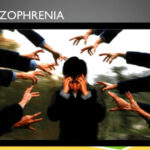




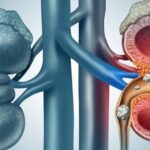


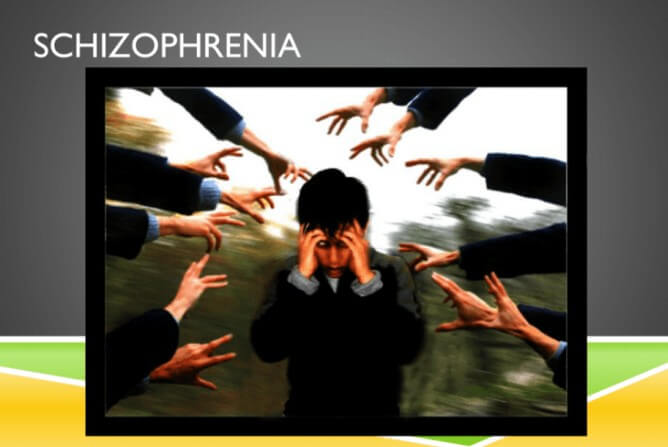
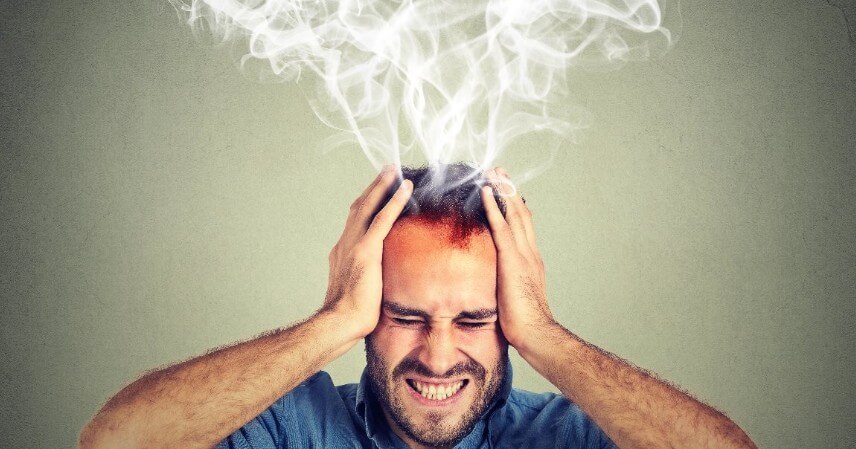
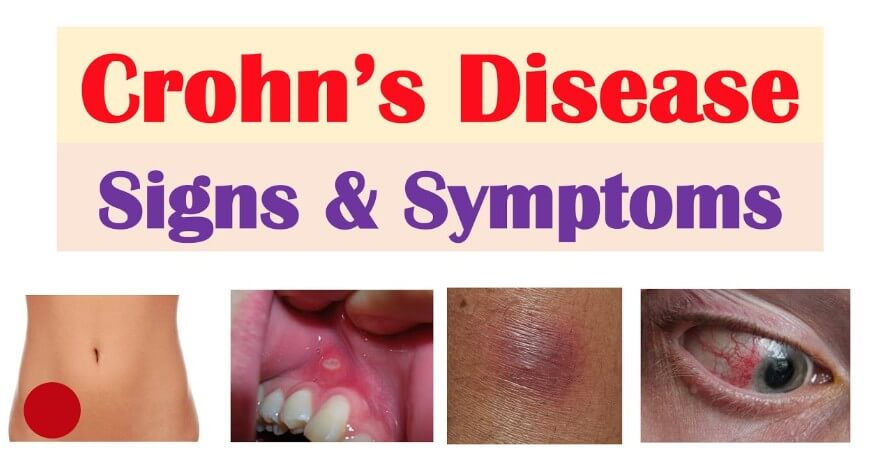


Have any more syndrome of Schizophrenia??
Join today and enjoy an instant bonus! It’s your chance to start winning! – https://krakenpartners.net/ru/track/1174